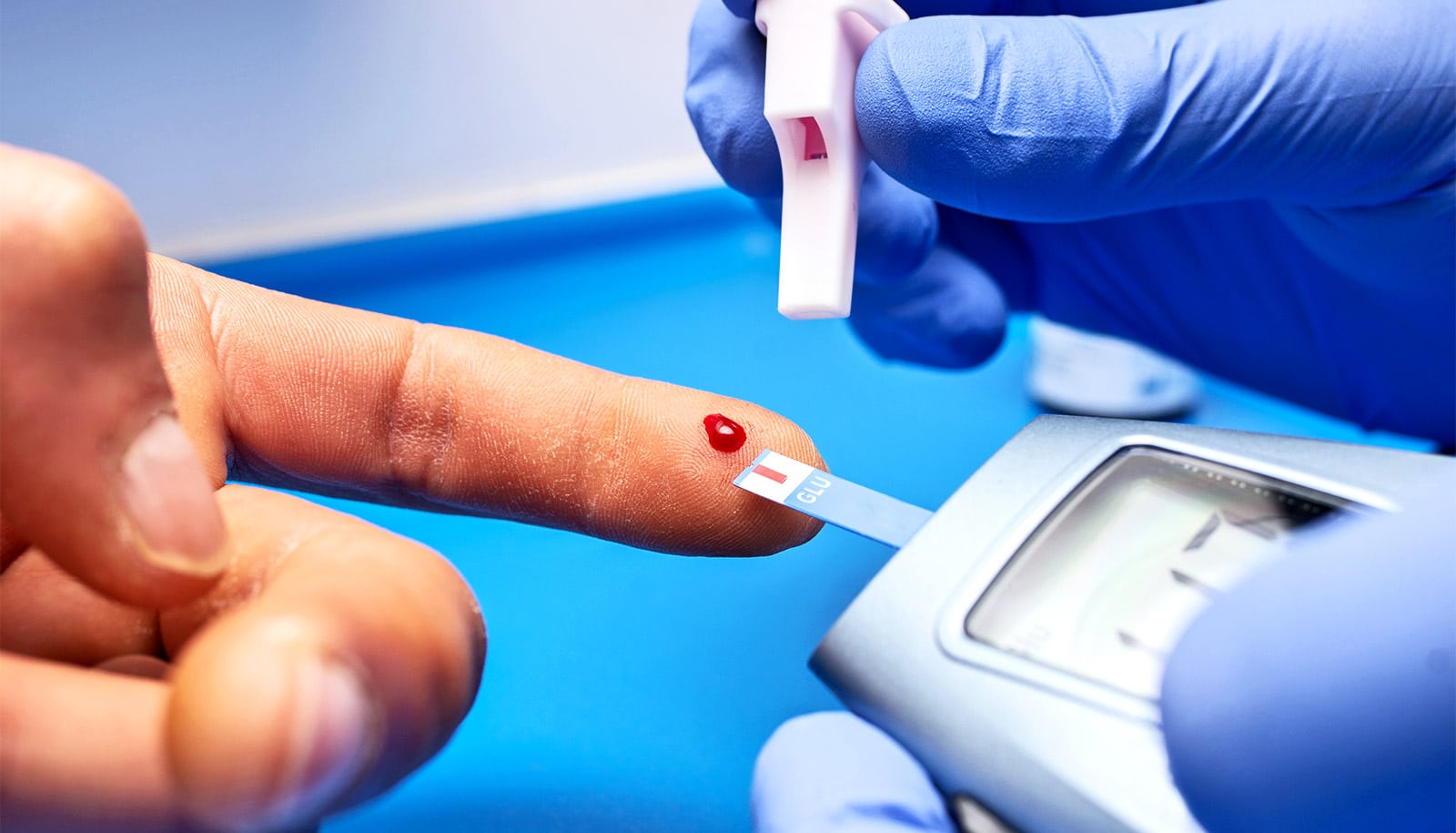A new technology for detecting low glucose levels uses artificial intelligence to detect hypoglycemic events with ECG signals from wearable sensors, researchers report.
Tracking sugar in the blood is crucial for both healthy individuals and diabetic patients, but current methods to measure glucose require needles and repeated finger pricks throughout the day. Finger pricks can often be painful, deterring patient compliance.
Currently Continuous Glucose Monitors (CGM) for hypoglycemia detection measure glucose in interstitial fluid using an invasive sensor with a little needle, which sends alarms and data to a display device. In many cases, they require calibration twice a day with invasive finger-prick blood glucose level tests.
In their new paper, however, researchers show they can use artificial intelligence (i.e., deep learning), to detect hypoglycemic events from raw ECG signals acquired with off-the-shelf noninvasive wearable sensors.
Two pilot studies with healthy volunteers found the average sensitivity and specificity approximately 82% for hypoglycemia detection, which is comparable with the current CGM performance, although noninvasive.
“Fingerpicks are never pleasant and in some circumstances are particularly cumbersome. Taking fingerpick during the night certainly is unpleasant, especially for patients in pediatric age,” says Leandro Pecchia from the School of Engineering at the University of Warwick.
“Our innovation consisted in using artificial intelligence for automatic detecting hypoglycemia via few ECG beats. This is relevant because ECG can be detected in any circumstance, including sleeping.”
The new model highlights how the ECG changes in each subject during a hypoglycemic event. Researchers trained the AI model with each subject’s own data. Intersubjective differences are so significant, that training the system using cohort data would not give the same results. Personalized therapy based on the new system could be more effective than current approaches.
“The performance of AI algorithms trained over cohort ECG-data would be hindered by these inter-subject differences,” says Pecchia.
“Our approach enables personalized tuning of detection algorithms and emphasize how hypoglycemic events affect ECG in individuals. Basing on this information, clinicians can adapt the therapy to each individual. Clearly more clinical research is required to confirm these results in wider populations. This is why we are looking for partners.”
The research appears in Scientific Reports.
Source: University of Warwick

